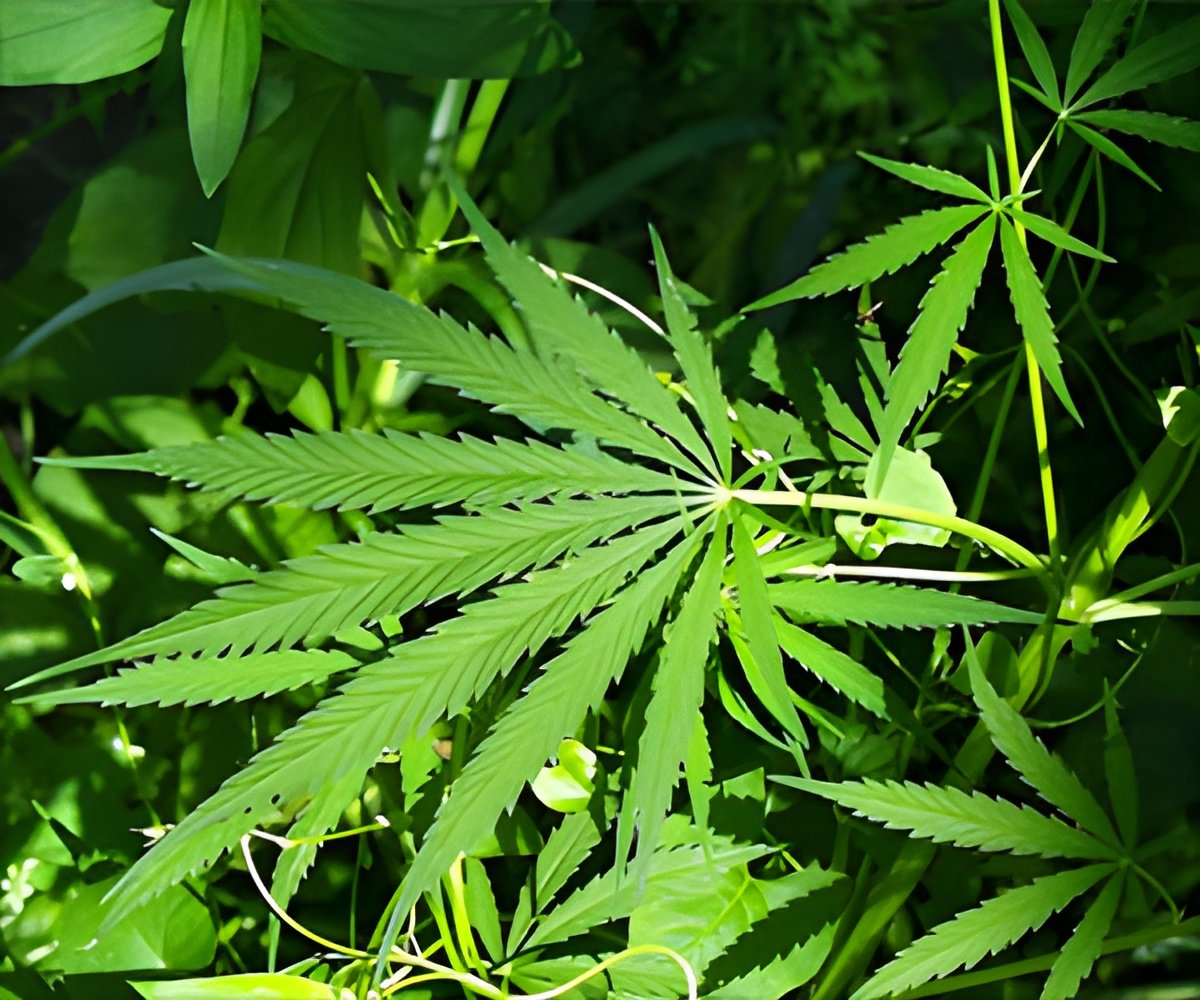
‘Medical marijuana is well-tolerated in people aged above 75. It could be used to treat various ailments.’
Read More..Tweet it Now
According to the Centers for Disease Control and Prevention, approximately 80 percent of older adults have at least one chronic health condition.Read More..
"With legalization in many states, medical marijuana has become a popular treatment option among people with chronic diseases and disorders, yet there is limited research, especially in older people," said study author Laszlo Mechtler, MD, of Dent Neurologic Institute in Buffalo, N.Y., and a Fellow of the American Academy of Neurology. "Our findings are promising and can help fuel further research into medical marijuana as an additional option for this group of people who often have chronic conditions."
The study involved 204 people with an average age of 81 who were enrolled in New York State's Medical Marijuana Program. Participants took various ratios of tetrahydrocannabinol (THC) to cannabidiol (CBD), the main active chemicals in medical marijuana, for an average of four months and had regular checkups. The medical marijuana was taken by mouth as a liquid extract tincture, capsule or in an electronic vaporizer.
Initially, 34 percent of participants had side effects from the medical marijuana. After an adjustment in dosage, only 21 percent reported side effects. The most common side effects were sleepiness in 13 percent of patients, balance problems in 7 percent and gastrointestinal disturbances in 7 percent.
Three percent of the participants stopped taking the medical marijuana due to the side effects. Researchers said a ratio of one-to-one THC to CBD was the most common ratio among people who reported no side effects.
Advertisement
Opioid pain medication was reduced in 32 percent of participants.
Advertisement
Source-Eurekalert










